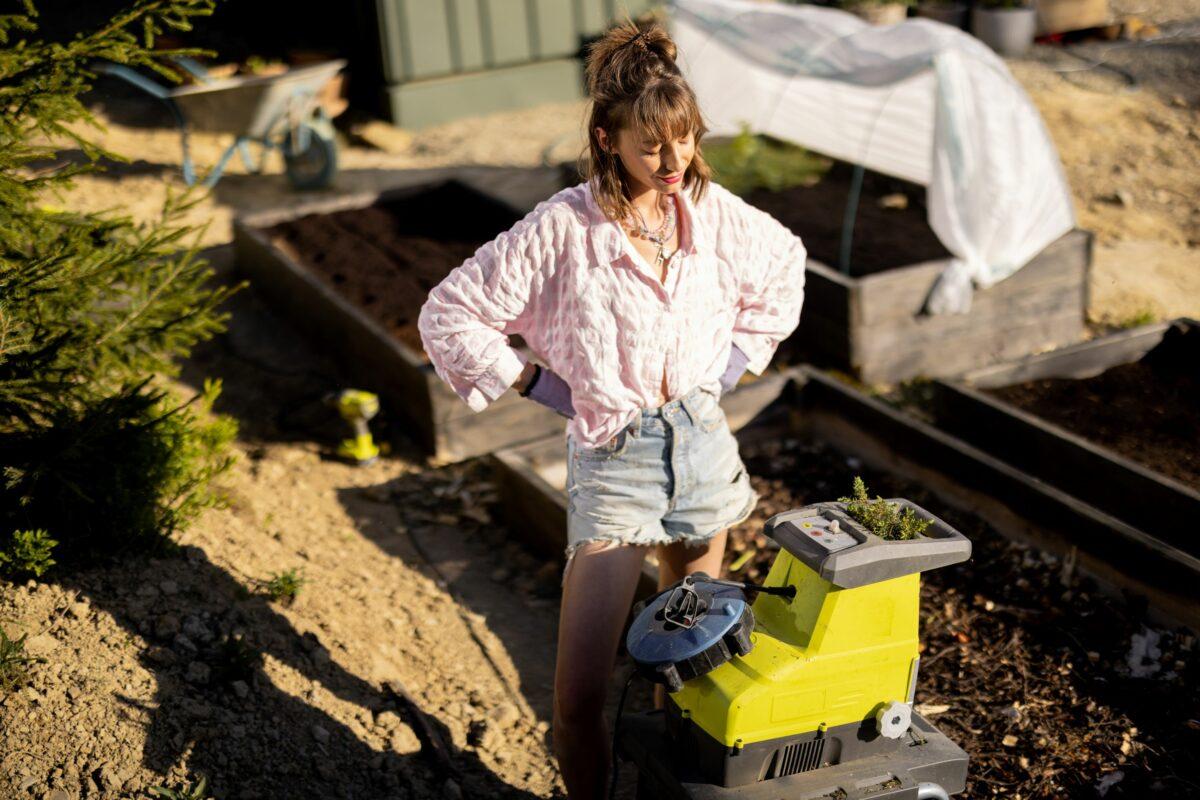An international study from 2024 shows: Incorrect composting causes methane – a greenhouse gas that is even more harmful to the climate than CO2. © rh2010 | Stock.Adobe.com
Incorrect composting – here’s the problem
Composting garden and kitchen waste is considered both environmentally and climate-friendly. According to an international study from 2024, urban farmers save 95% on mineral fertilizer through composting alone – but many are making a mistake that is destroying the climate balance.
The study examined 73 urban farms in five countries (USA, France, Germany, Poland and the UK).
22 of the 73 urban gardens examined (i.e. around a third) were using the wrong composting technology, resulting in high methane emissions. Methane (CH4) is a greenhouse gas 28 times more potent than CO2.
In their study, the researchers came to the conclusion that correct composting could reduce greenhouse gas emissions by around 40 percent.
Avoid methane formation in compost
In this publication, the German Federal Environment Agency discusses the topic of “Correct composting” in detail. According to them, one of the most common mistakes leading to methane formation is inadequate aeration.
How can I tell if my compost heap is properly aerated?
According to the Federal Environment Agency, you can tell whether the “aerobic conditions” in your compost heap are right by the smell. If the compost is not sufficiently aerated, the waste will start to rot. During this process, bacteria (microorganisms that can survive without oxygen) form and produce the gases ammonia (NH3), hydrogen sulfide (H2S), methane (CH4), and nitrous oxide (N2O). Methane is odorless, but ammonia has a pungent, foul-smelling odor you should notice immediately.
Properly decomposed compost, on the other hand, smells like fresh forest soil.
How to ensure good aeration in compost
In its guide, the Federal Environment Agency provides precise tips on how to ensure proper aeration in compost:
- Air-permeable composter. Most importantly, it should be open at the bottom to allow water to drain, but there should also be air holes/slits on the sides and top.
- Drainage of water is mentioned again separately, check that water (e.g. after a rainy day) does not collect anywhere in the compost.
- Your compost heap should be no wider than 2 x 2 meters and no higher than 1.5 meters to allow air to reach all of the material.
- Mix in enough coarse material. Shredded tree and hedge cuttings are ideal.
PS: If you are also interested in the topic of insects in the garden, we recommend the following blog article:
A look at the tiny creatures – Why they are threatened with Insect Extinction and how to help




